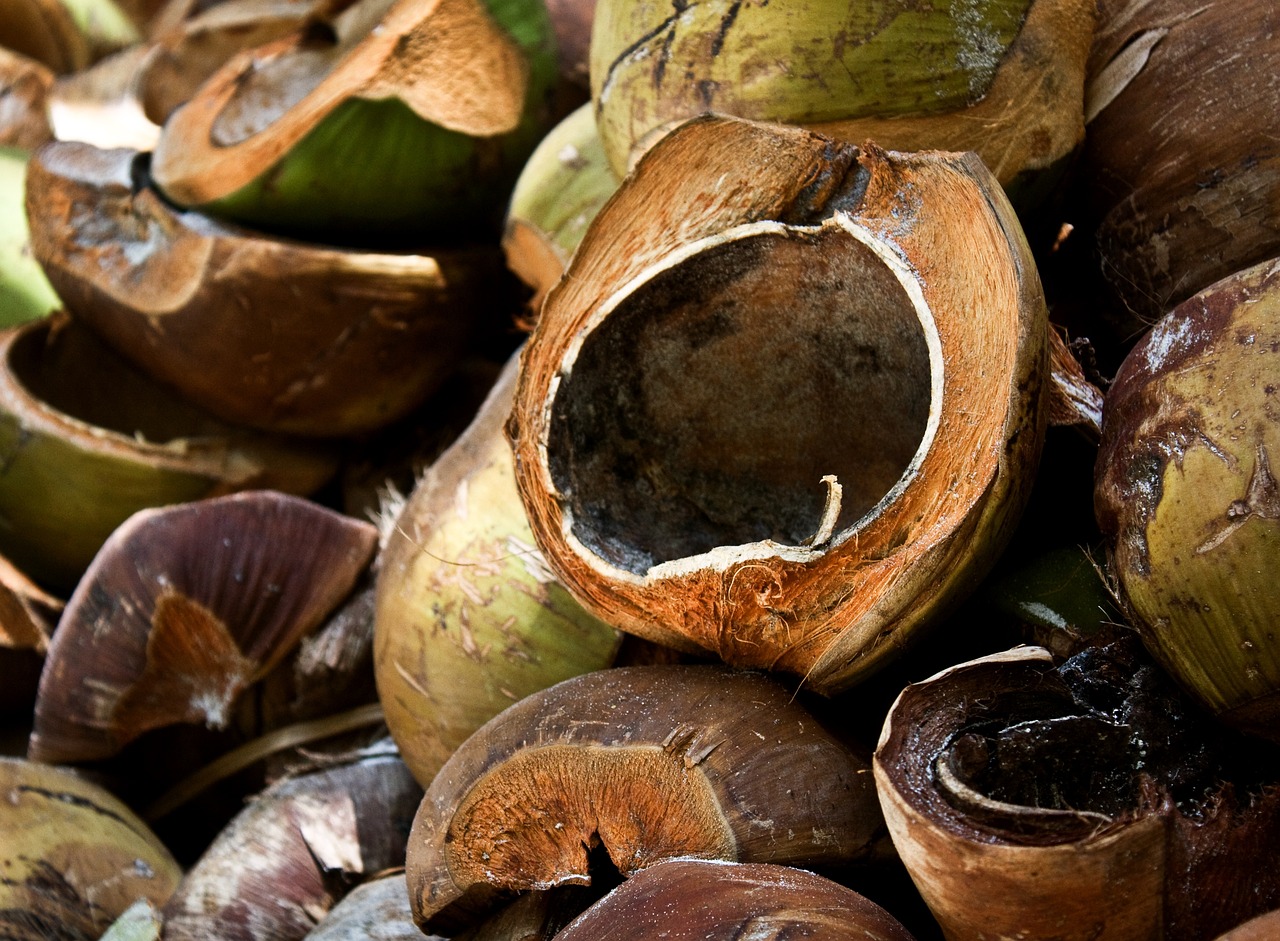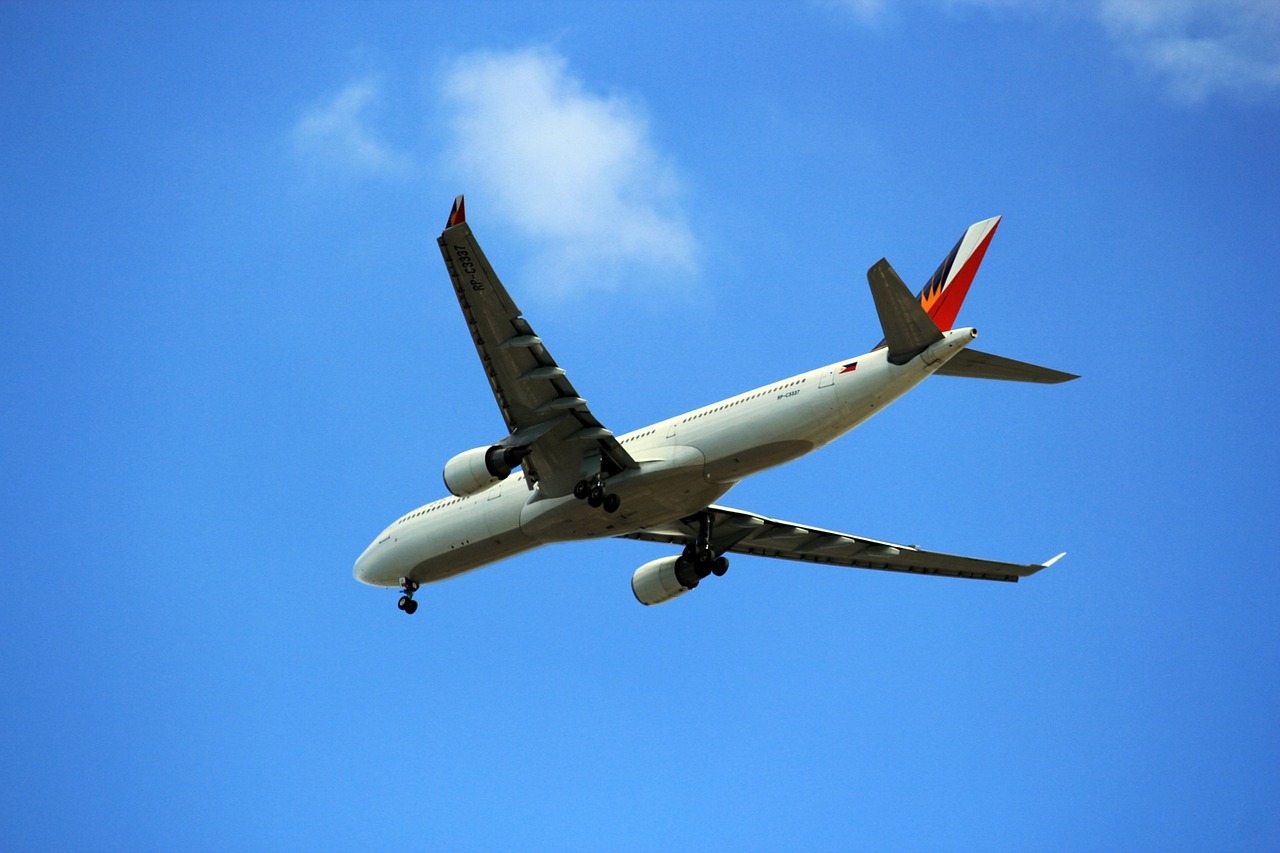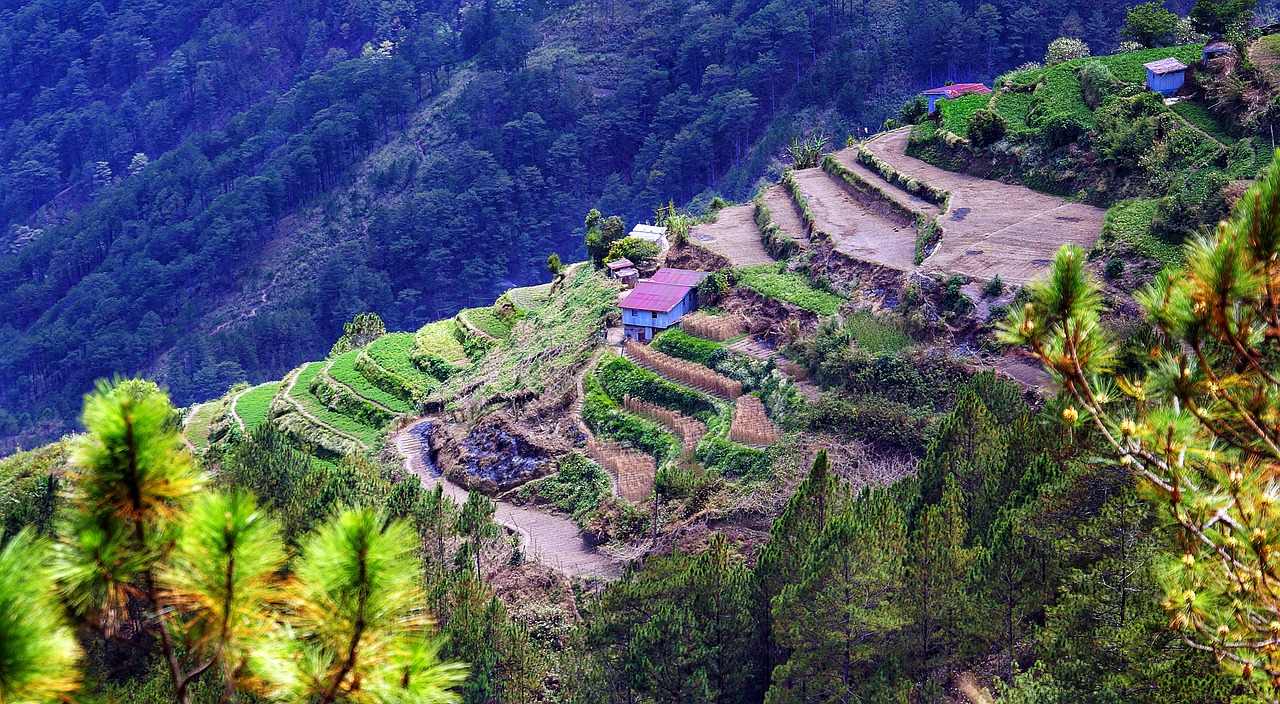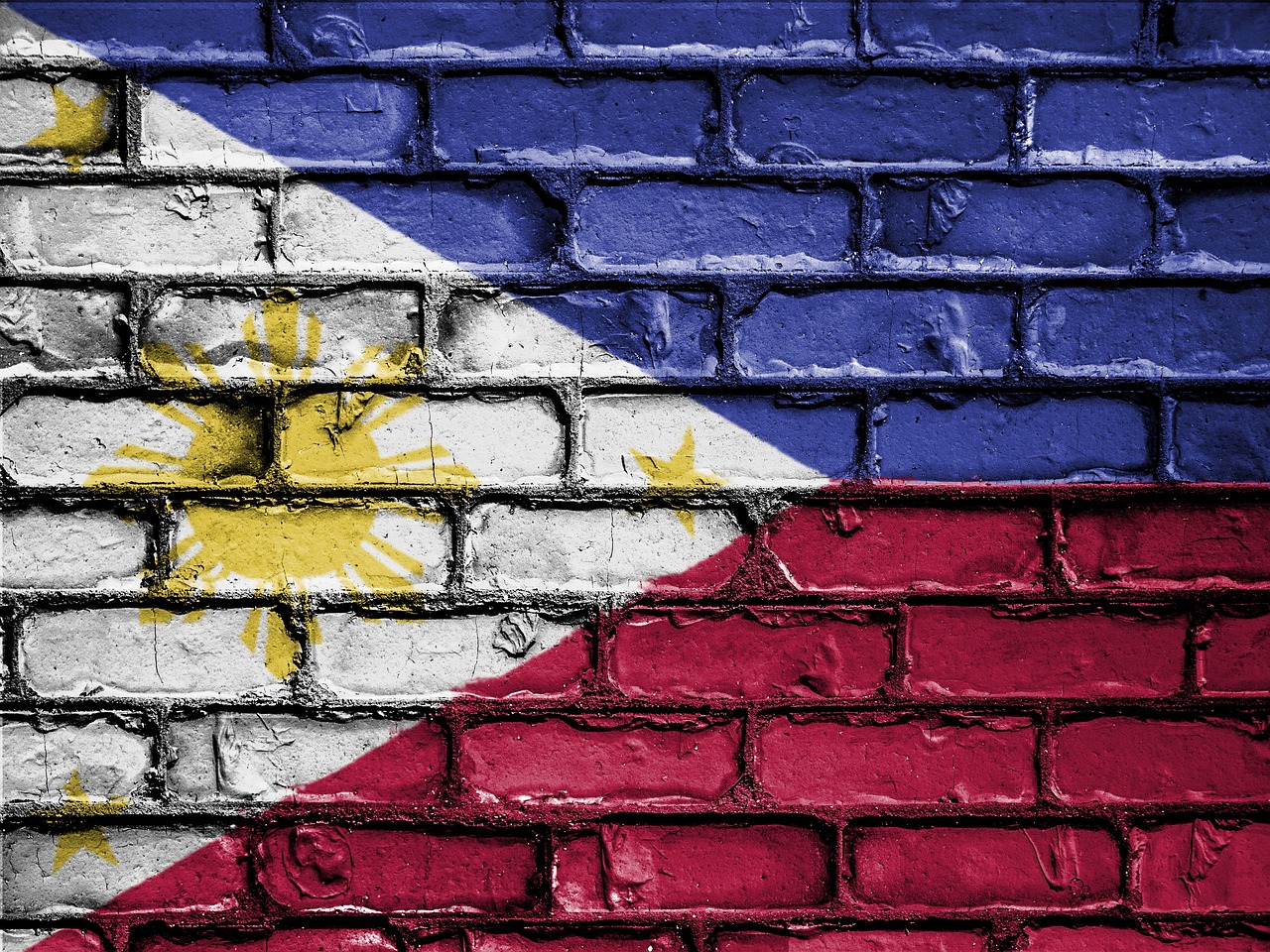Philippines Video
Cost of Living in Philippines: A Detailed Breakdown for Digital Nomads
If you’re a digital nomad considering the Philippines as your next destination, understanding the cost of living is crucial for planning your budget. The Philippines offers a diverse range of experiences, stunning landscapes, and a relatively affordable lifestyle. In this article, we will provide a detailed breakdown of the cost of living in the Philippines, covering various aspects to help you make informed decisions.
Accommodation
- Apartment Rental: Renting a one-bedroom apartment in the city center can cost around PHP 25,000 to PHP 45,000 per month.
- Shared Accommodation: Opting for a shared apartment or room can significantly reduce your monthly expenses. Renting a room in a shared apartment can cost around PHP 10,000 to PHP 20,000 per month.
- Guesthouses/Hostels: For budget-conscious digital nomads, guesthouses or hostels are a viable option. Prices range from PHP 500 to PHP 1,500 per night.
Living in popular cities like Manila or Cebu can be more expensive compared to smaller towns. The rental prices may vary depending on the location, size, and amenities provided.
This option allows you to split the rent and utility bills with other digital nomads or locals, making it a more cost-effective choice.
Guesthouses and hostels provide basic amenities and are a great way to meet fellow travelers and explore the local culture.
Transportation
- Taxi Services: Metered taxis are available in major cities, with an initial fare of around PHP 40 and an additional PHP 13 per kilometer.
- Rideshares: Grab and Angkas are popular rideshare services in the Philippines. The prices are generally lower than traditional taxis.
- Public Transportation: Jeepneys and tricycles are common modes of transportation in the Philippines, especially in smaller towns and rural areas.
It is advisable to negotiate the fare beforehand or opt for ride-hailing services like Grab or Uber to avoid any potential scams.
These services offer convenience and safety, especially for longer trips or during peak hours.
Jeepney fares start at around PHP 9, while tricycle fares vary depending on the distance traveled.
Food and Dining
- Local Eateries: Savoring authentic Filipino cuisine at local eateries can cost as low as PHP 100 per meal.
- Mid-range Restaurants: Dining at mid-range restaurants can cost around PHP 300 to PHP 500 per meal.
- Groceries: If you prefer cooking your own meals, grocery shopping can be a cost-efficient option. A week’s worth of groceries can range from PHP 1,500 to PHP 3,000.
These eateries, known as “carinderias” or “turo-turo,” offer a variety of dishes at affordable prices, allowing you to experience the local flavors without breaking the bank.
These establishments offer a wider selection of cuisines, including international options, with a comfortable dining experience.
Local markets and supermarkets provide a variety of fresh produce, meat, and other essentials at reasonable prices.
Entertainment and Leisure
- Museums and Historical Sites: Exploring the rich history and culture of the Philippines through museums and historical sites can cost around PHP 100 to PHP 300 per person.
- Shopping Malls: The Philippines boasts numerous shopping malls where you can indulge in retail therapy or enjoy various entertainment options.
- Natural Attractions: The Philippines is known for its breathtaking natural beauty, including stunning beaches, lakes, and waterfalls.
Popular attractions include the National Museum of the Philippines, Fort Santiago, and the Ayala Museum.
Entry to shopping malls is usually free, but expenses can vary depending on your shopping preferences and entertainment choices.
Visiting these natural attractions often involves minimal fees for entrance or environmental preservation, ranging from PHP 20 to PHP 200.
Healthcare
- Hospitals and Clinics: The Philippines has a mix of public and private healthcare facilities.
- Health Insurance: It is advisable to have international health insurance coverage while staying in the Philippines.
- Pharmacies: Medications and over-the-counter drugs are available at pharmacies across the country.
Consultation fees in private clinics can range from PHP 500 to PHP 1,500, while public hospitals offer more affordable options.
Insurance premiums depend on various factors such as age, coverage limits, and pre-existing conditions.
Prices may vary, but generic medicines are often more affordable compared to branded ones.
Conclusion
In conclusion, the cost of living in the Philippines offers digital nomads an affordable and vibrant lifestyle. Accommodation options vary from apartments to guesthouses, transportation is accessible through taxis, rideshares, and public modes, and dining options cater to various budgets. Entertainment and leisure activities include museums, shopping malls, and natural attractions. Healthcare facilities are available, and it is recommended to have appropriate health insurance coverage. By understanding the breakdown of expenses, digital nomads can plan their budgets accordingly and fully enjoy their time in the Philippines.
References
- numbeo.com
- expatistan.com
- grab.com
- uber.com
- nationalmuseum.gov.ph
- ayalamuseum.org
Philippines Image 1:

Philippines Image 2:

Philippines Image 3:



